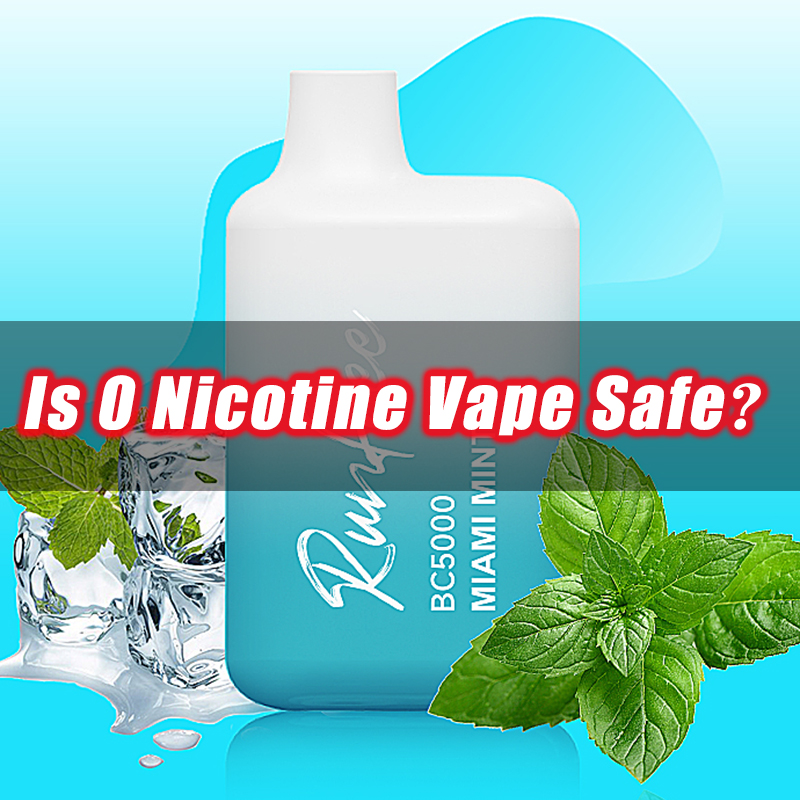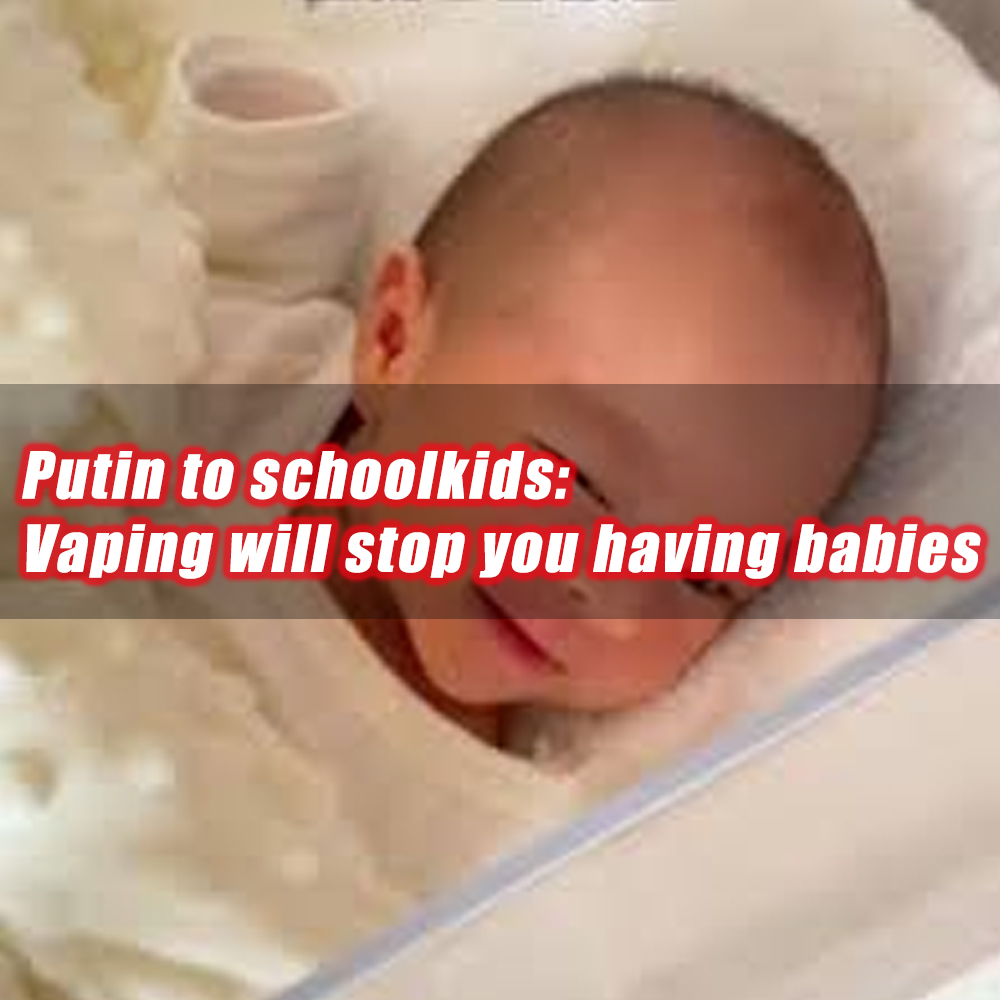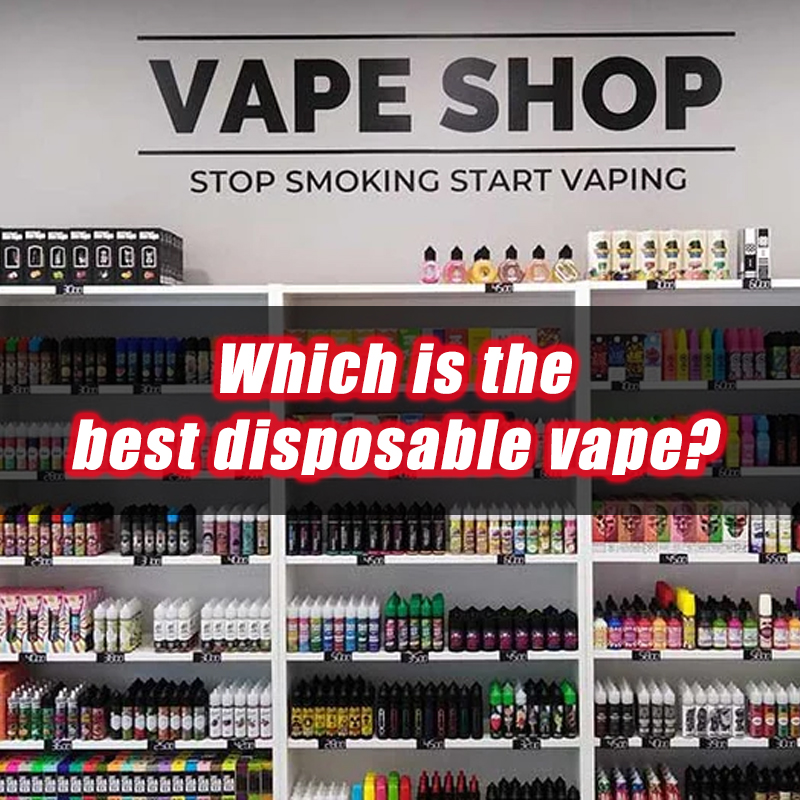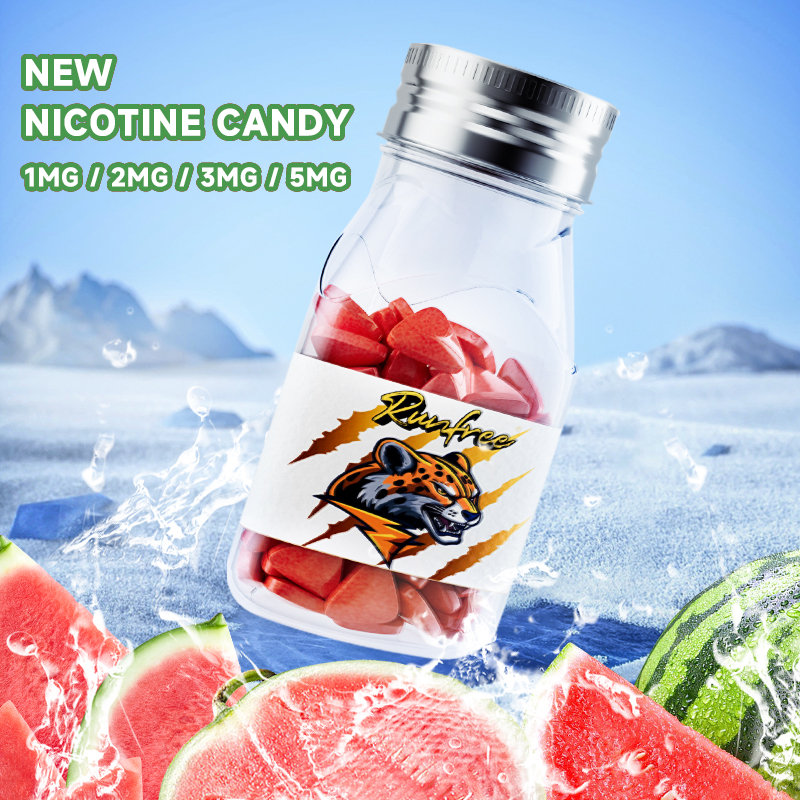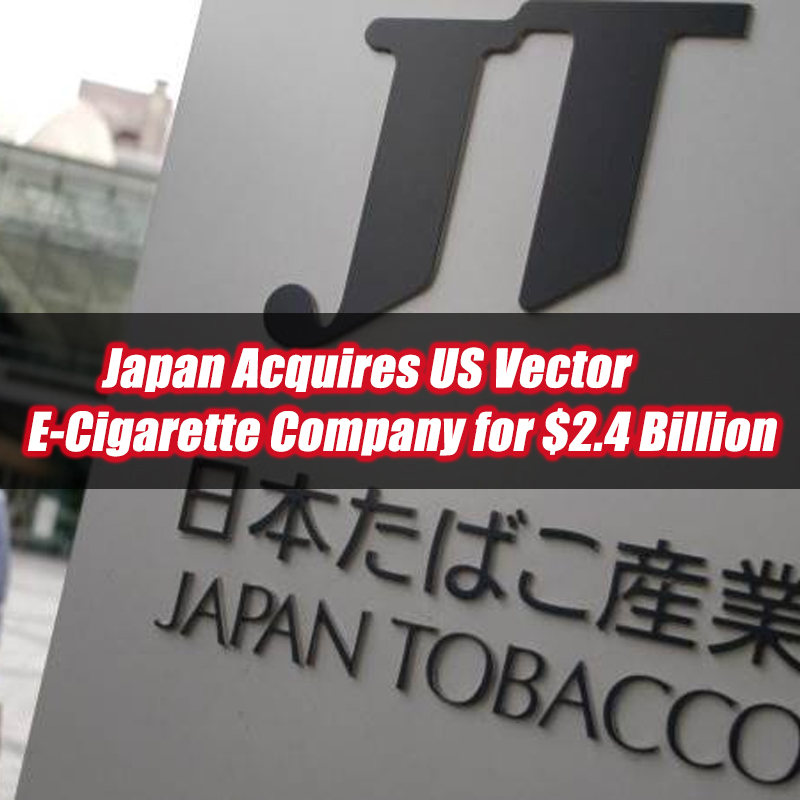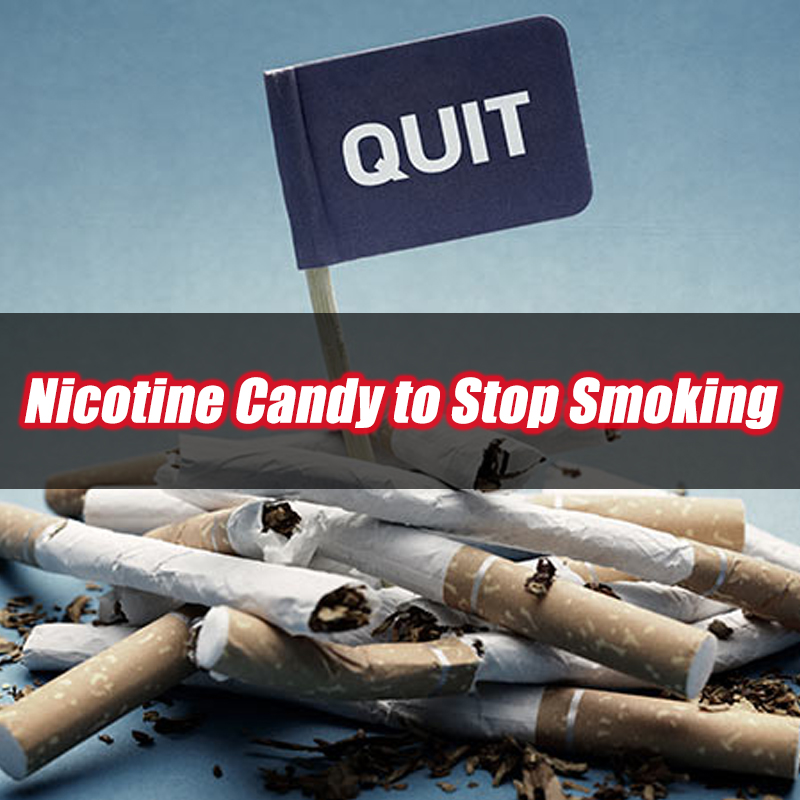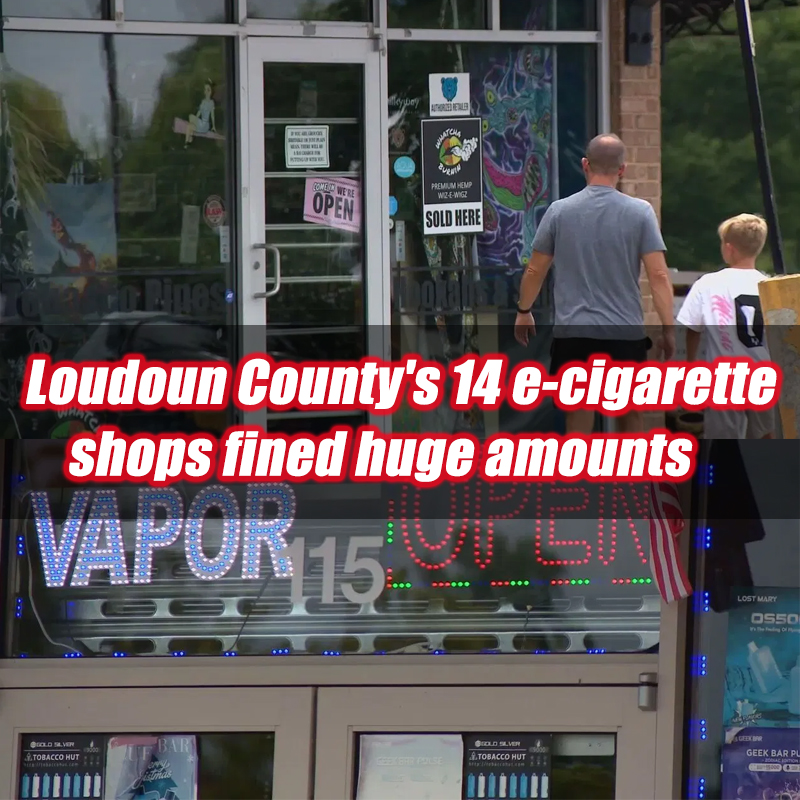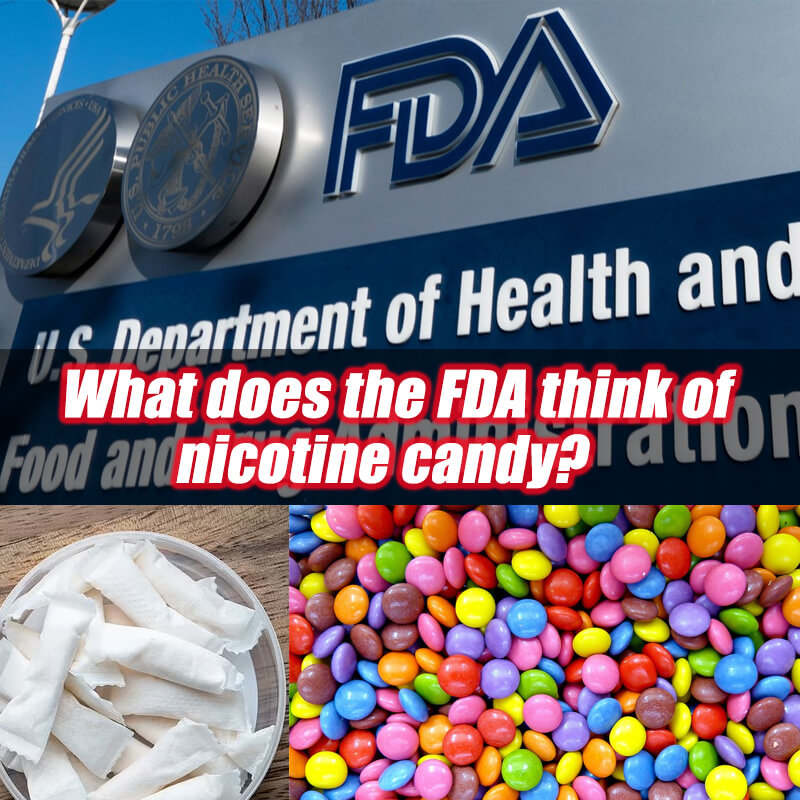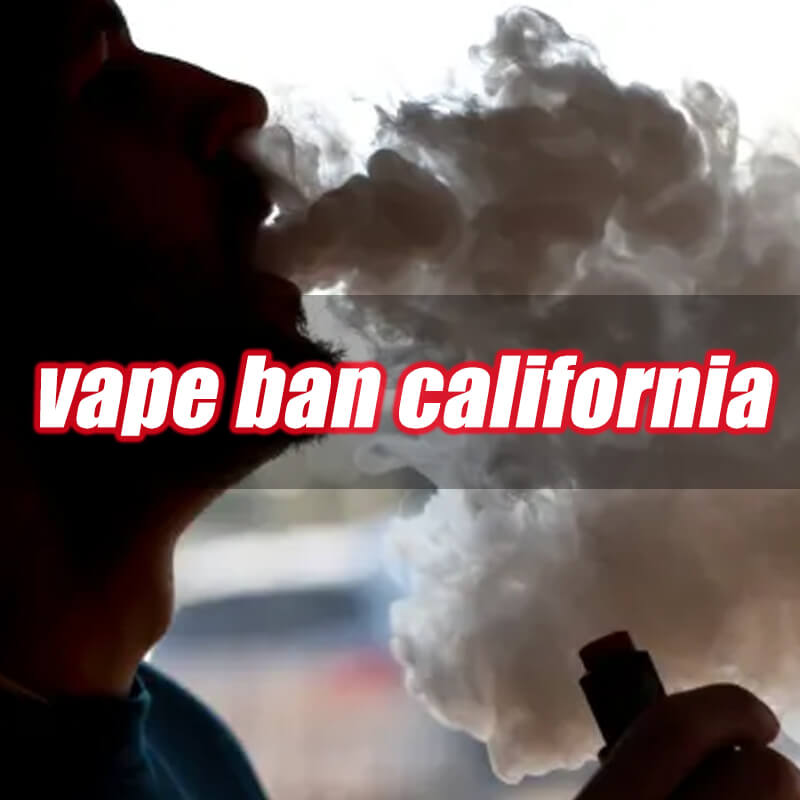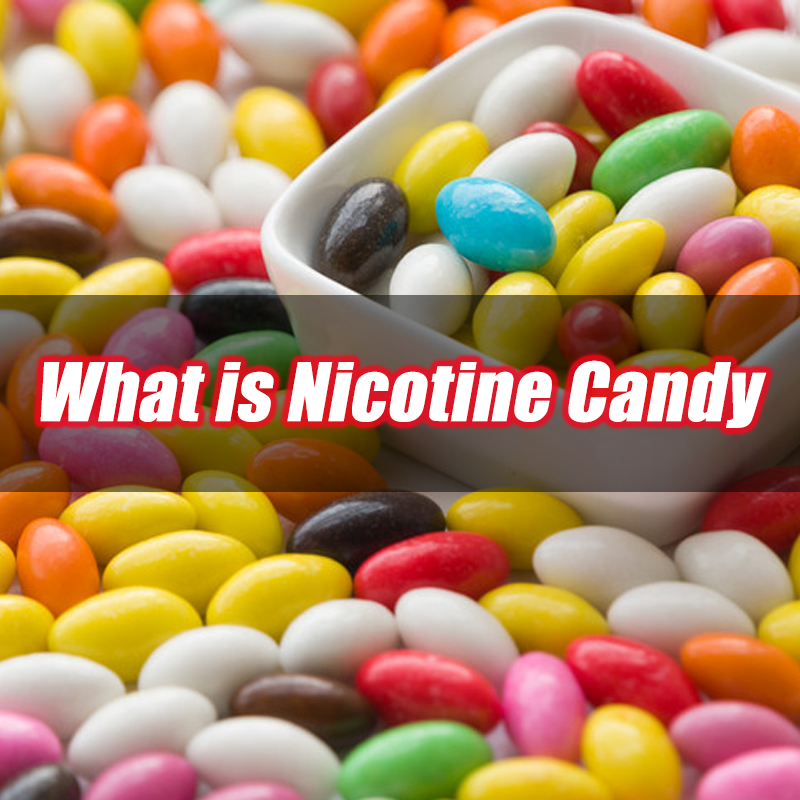2024 Netherlands's E-Cigarette Policy: What You Need to Know
As the popularity of e-cigarettes continues to rise, the Netherlands has implemented several regulatory changes in 2024 to ensure public health and safety. Understanding these new policies is crucial for both consumers and businesses operating in the vaping industry. Here's a comprehensive look at the Netherlands' e-cigarette policy for 2024, along with insights on how to successfully navigate the market.
Key Aspects of the 2024 E-Cigarette Policy
1.Flavor Ban: One of the most significant changes is the ban on flavored e-cigarettes. Only tobacco-flavored e-cigarettes and disposable vapes are permitted for sale. This regulation aims to reduce the appeal of vaping to younger demographics who are often attracted to sweet and fruity flavors.
2.Nicotine Limits: The maximum allowable nicotine concentration in e-liquids is 20 mg/ml, in line with the EU's Tobacco Products Directive (TPD).
3.Advertising Restrictions: Advertising of e-cigarettes and disposable vapes is heavily restricted. Ads cannot target minors and must include health warnings about the potential risks of vaping.
4.Packaging and Labeling: All e-cigarette products must have child-proof packaging and clear labeling that includes health warnings, ingredient lists, and nicotine content.
5.Age Restrictions: The sale of e-cigarettes and disposable vapes is restricted to individuals aged 18 and over. Retailers are required to verify the age of purchasers to comply with this regulation.
6.Public Usage: Vaping is banned in enclosed public spaces, including restaurants, bars, and public transport. This aligns with the regulations for traditional tobacco products.
Navigating the E-Cigarette Business in the Netherlands
For businesses, adapting to these regulations is key to remaining compliant and successful. Here are some strategies to consider:
1.Product Compliance: Ensure all products meet the regulatory standards, focusing on offering only tobacco-flavored e-cigarettes and disposable vapes. Regularly review and update your product line to comply with any new regulations.
2.Supplier Partnerships: Work closely with suppliers to source compliant products. This may involve negotiating new terms or finding new suppliers who can meet the stringent requirements.
3.Marketing Strategies: Develop compliant marketing strategies that emphasize the legal and health aspects of your products. Utilize digital marketing channels that respect advertising restrictions and focus on transparency.
4.Customer Education: Educate your customers about the new regulations and the benefits of compliant products. This can build trust and loyalty, as customers appreciate transparent and reliable information.
5.Diversify Product Range: Consider expanding your product range to include non-nicotine e-liquids and other vaping accessories. This can help mitigate the impact of flavor bans on your sales.
6.Quality Focus: Emphasize the quality and safety of your products. High-quality, compliant products can differentiate your brand in a competitive market.
E-Cigarette Market Data in the Netherlands.

Conclusion
The 2024 e-cigarette policy in the Netherlands reflects a stringent regulatory environment aimed at reducing the appeal of vaping, especially among younger populations. For businesses, adapting to these regulations involves focusing on compliance, quality, and customer education. By staying informed and flexible, businesses can continue to thrive in the evolving e-cigarette market.
Embrace the regulatory changes, ensure compliance, and focus on delivering high-quality, safe products to succeed in the Netherlands' e-cigarette landscape.
For more detailed information on the Netherlands' e-cigarette regulations, you can refer to resources such as the Dutch Food and Consumer Product Safety Authority (NVWA) and industry publications.

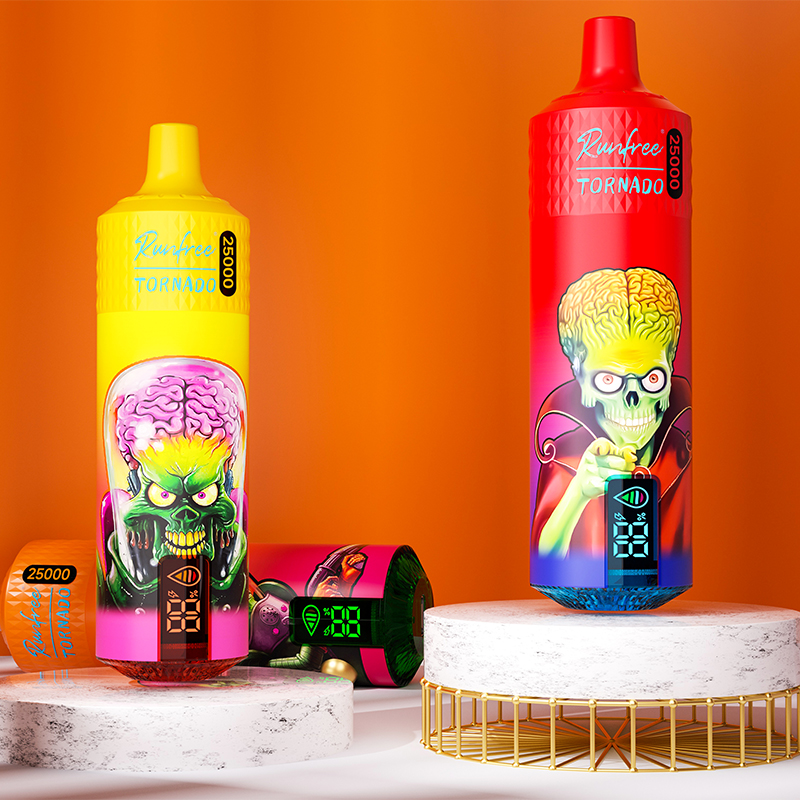 Runfree Upgraded Big Puffs 25000 RGB LED Light Disposable Vape
Runfree Upgraded Big Puffs 25000 RGB LED Light Disposable Vape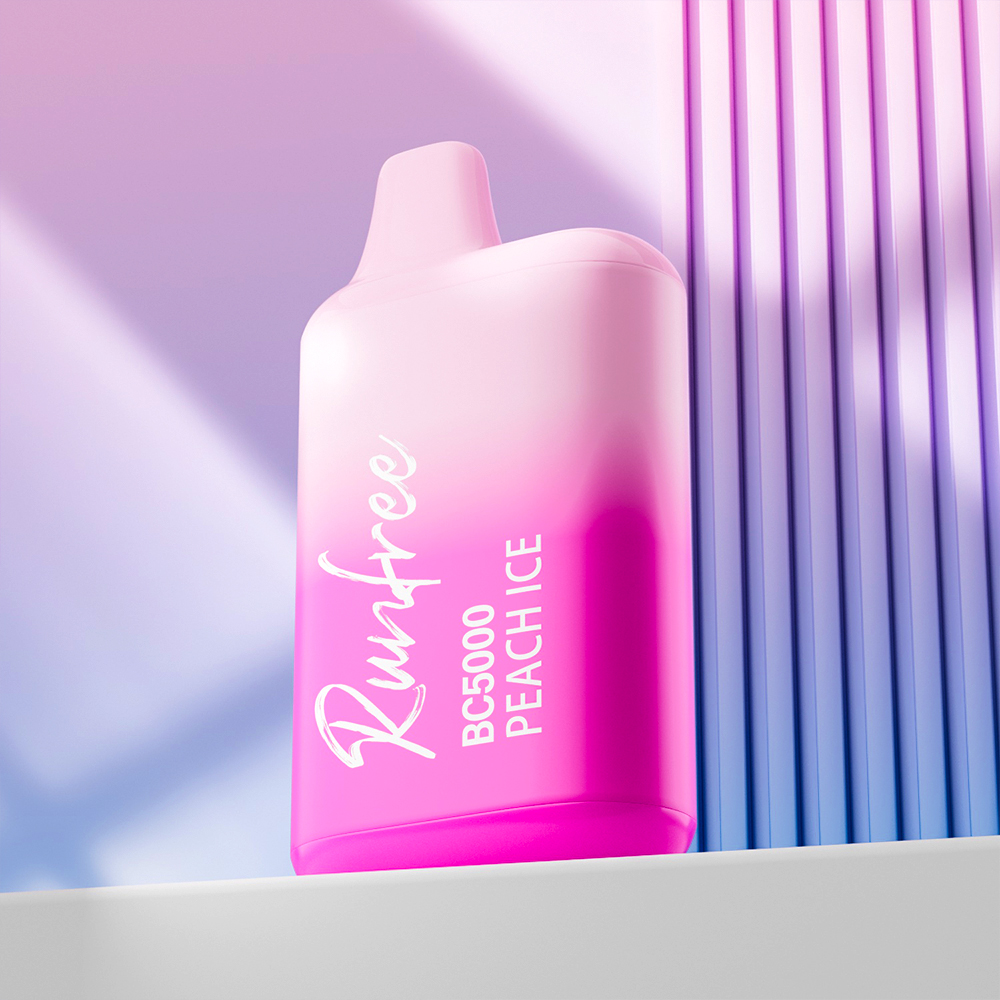 Hot Sale Runfree BC5000 Puffs Rechargeable Disposable Vape
Hot Sale Runfree BC5000 Puffs Rechargeable Disposable Vape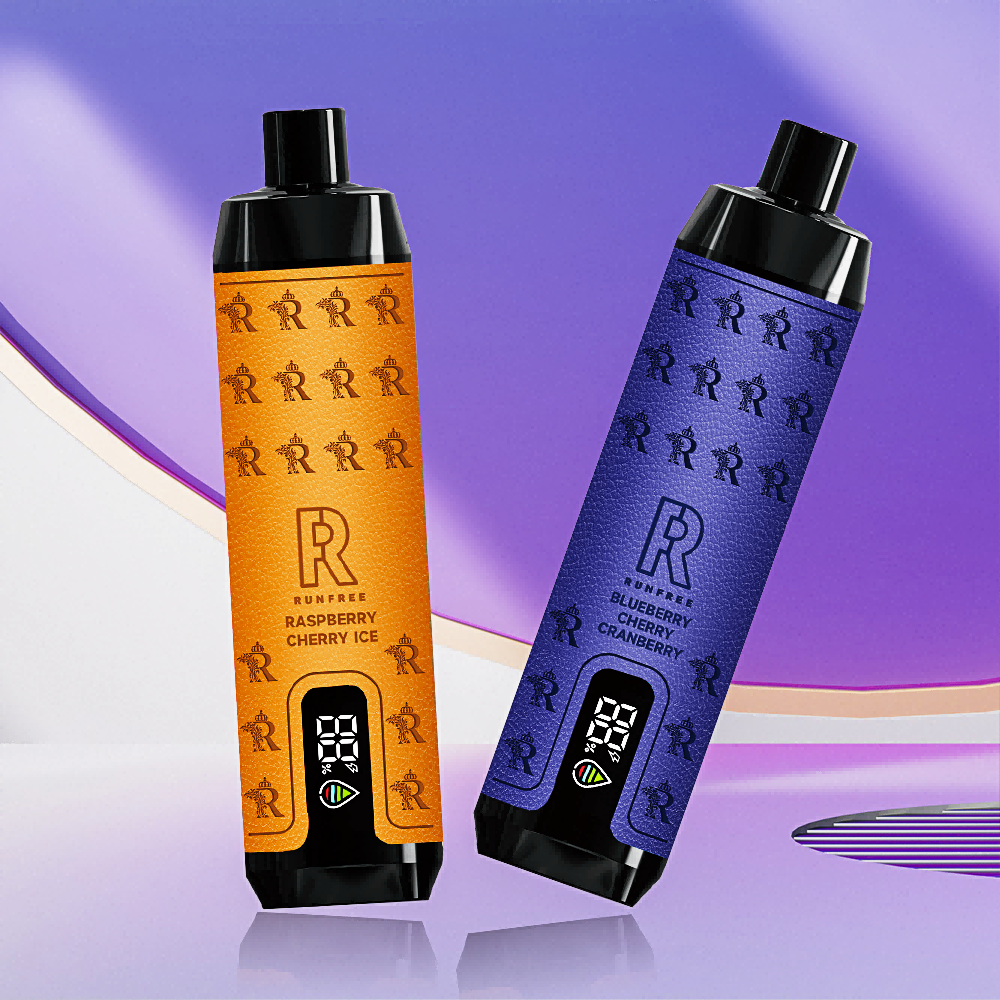 Lung Smoking 15000 Puffs Disposable Vape With Display Screen
Lung Smoking 15000 Puffs Disposable Vape With Display Screen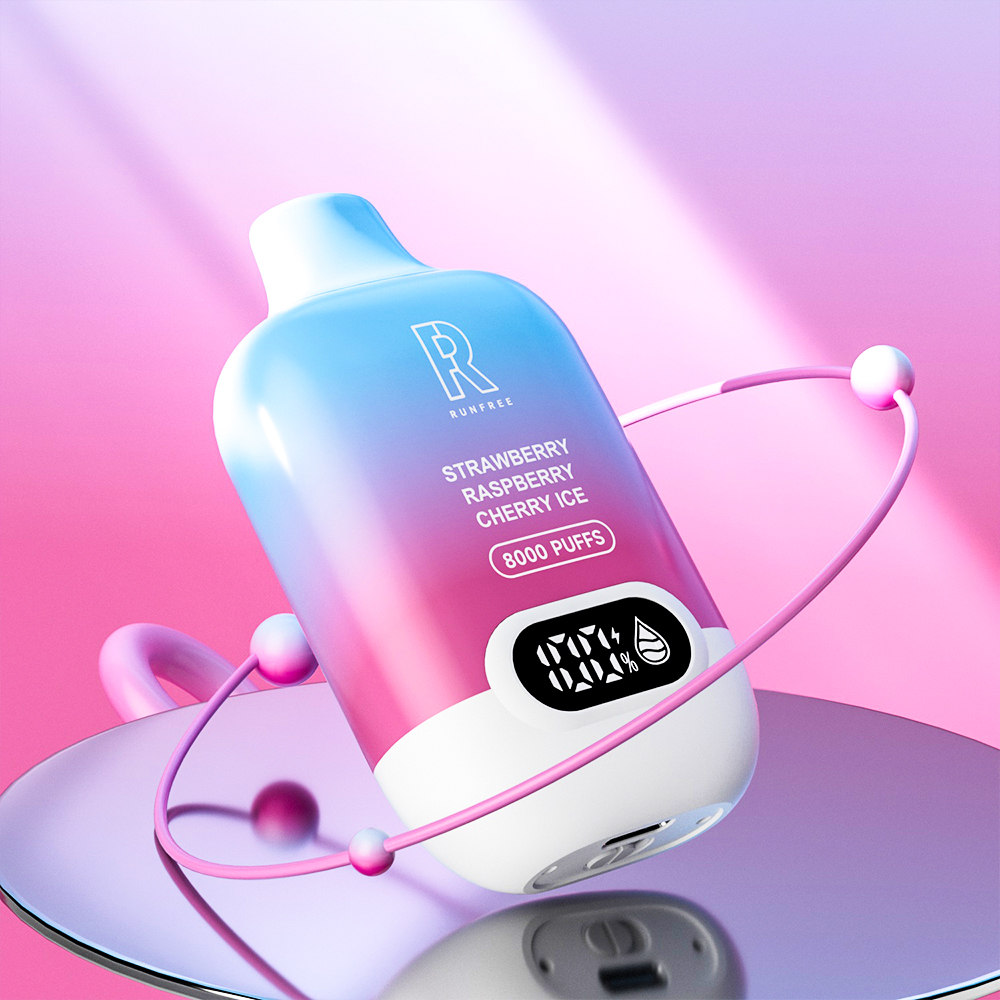 Adjustable power Dual Mesh Coil 8000 Puffs Disposable Vape
Adjustable power Dual Mesh Coil 8000 Puffs Disposable Vape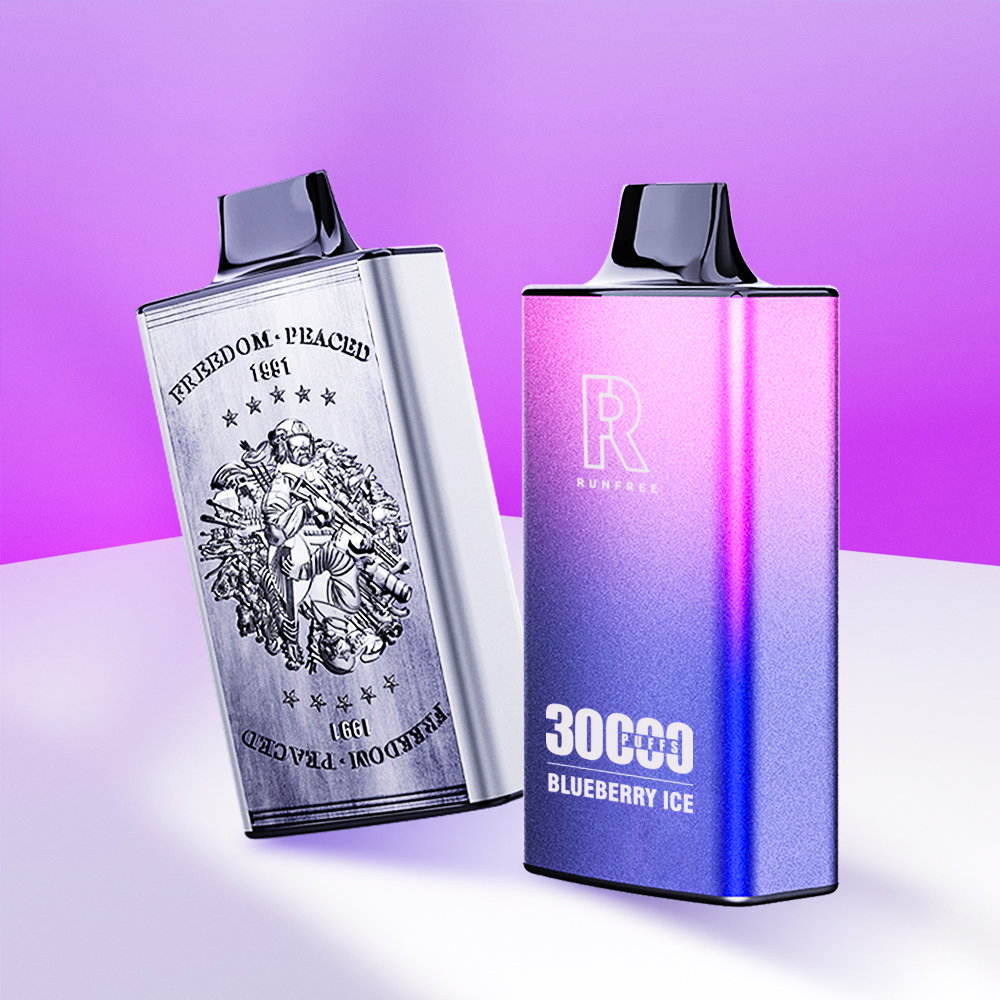 Wholesale Big Puffs 30000 Dual Mesh Coil Disposable Vape Box
Wholesale Big Puffs 30000 Dual Mesh Coil Disposable Vape Box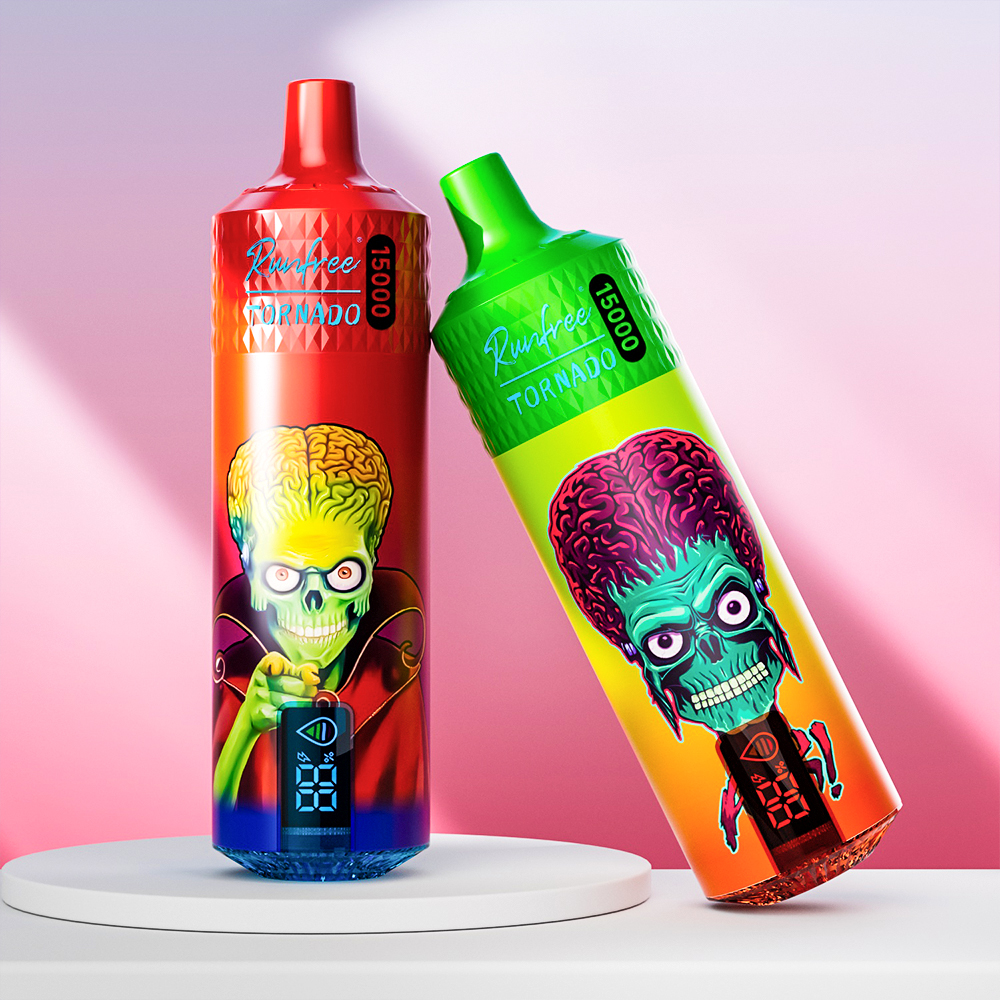 2024 Hot sale Trend Flash light 15000 Puffs Disposable Vape
2024 Hot sale Trend Flash light 15000 Puffs Disposable Vape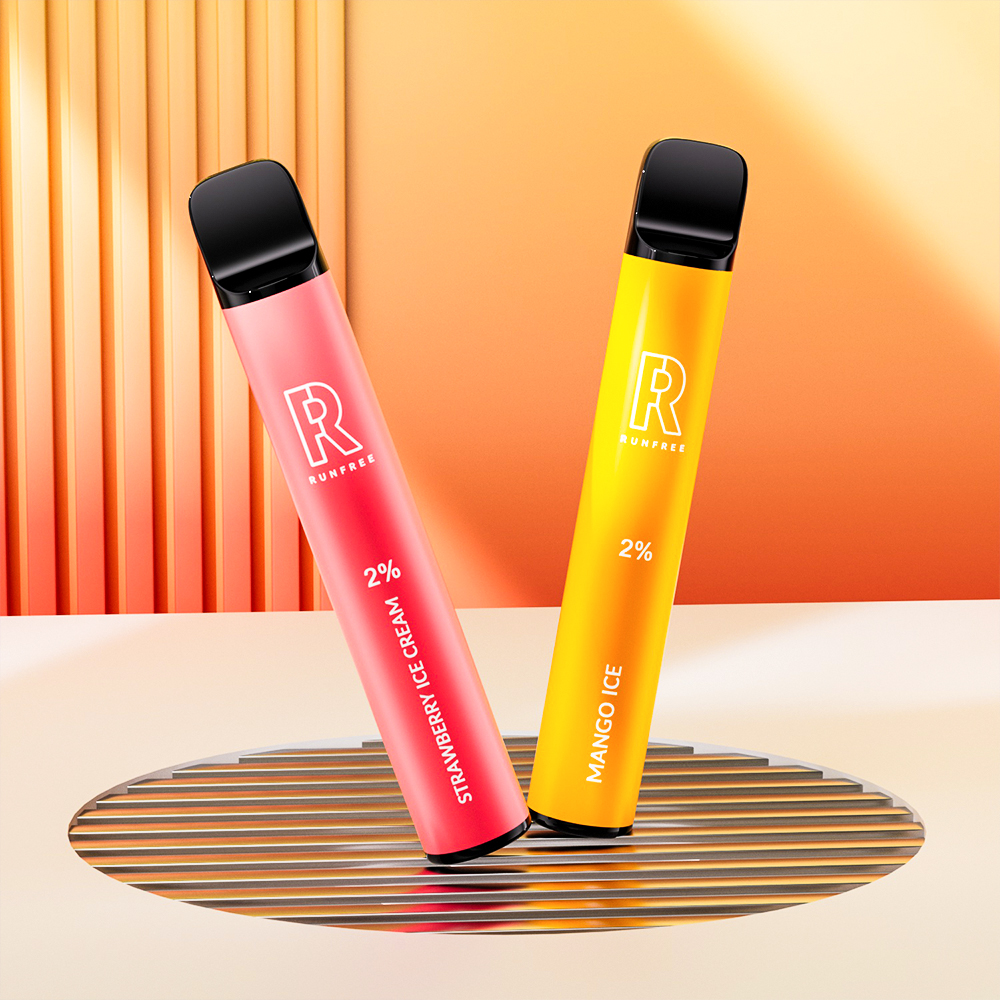 RF003 600 Puff 2ml Oil Disposable Vape With TPD CE
RF003 600 Puff 2ml Oil Disposable Vape With TPD CE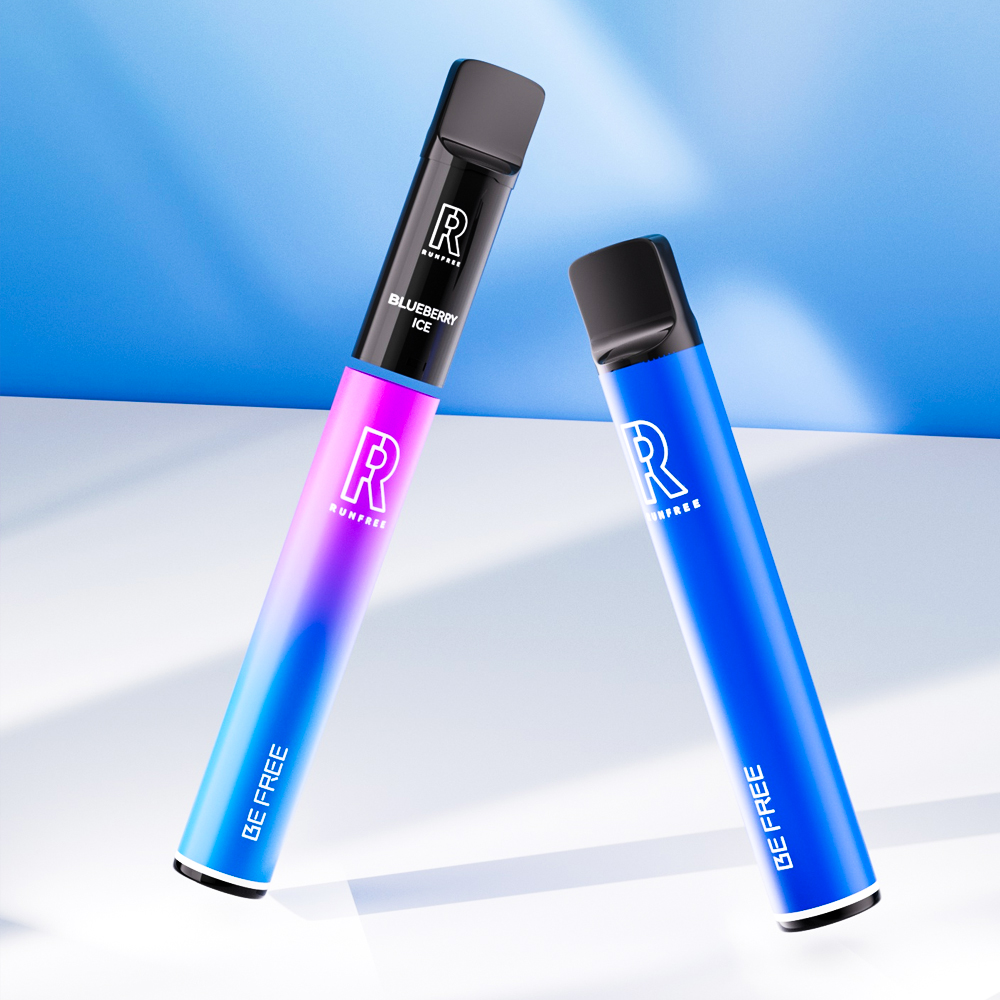 RF015 600 Puff Replaceable Rechargeable Light Disposable Vape With TPD
RF015 600 Puff Replaceable Rechargeable Light Disposable Vape With TPD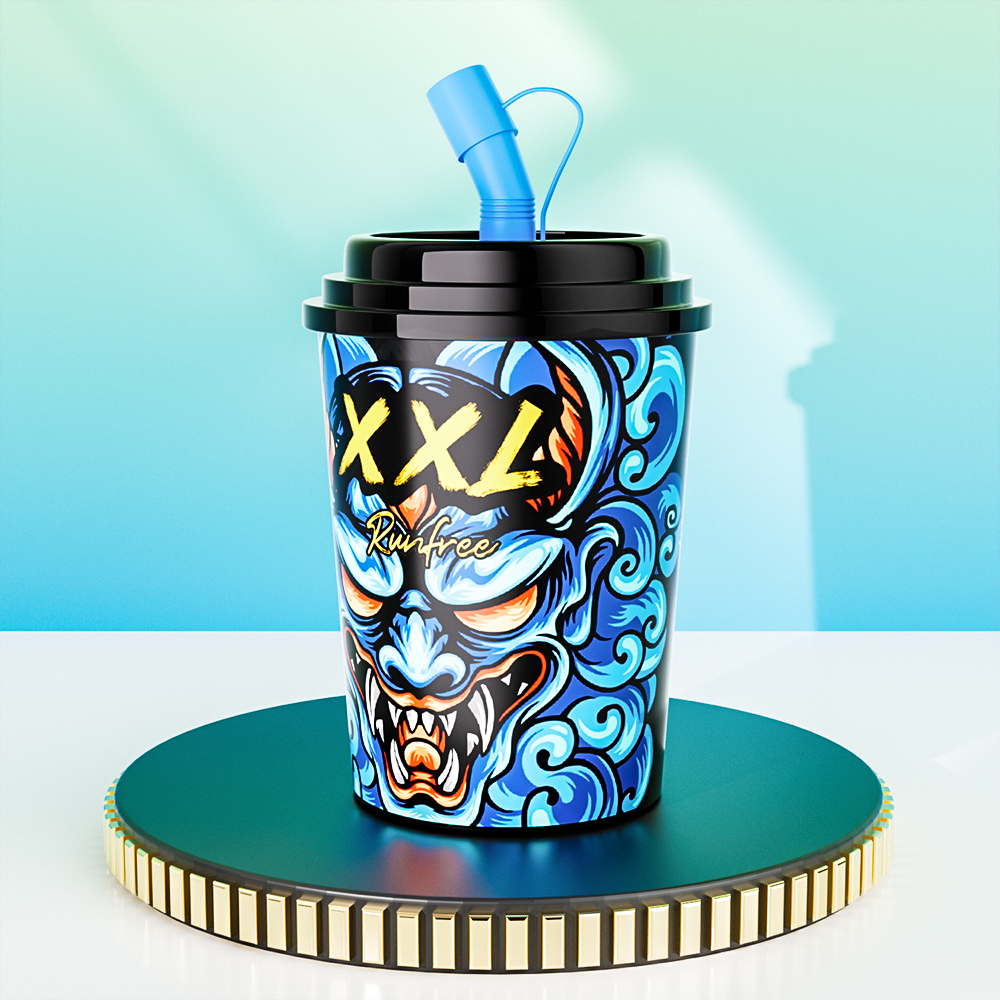 Runfree RF008 8000 Big Puffs Trendy and cool Disposable Vape
Runfree RF008 8000 Big Puffs Trendy and cool Disposable Vape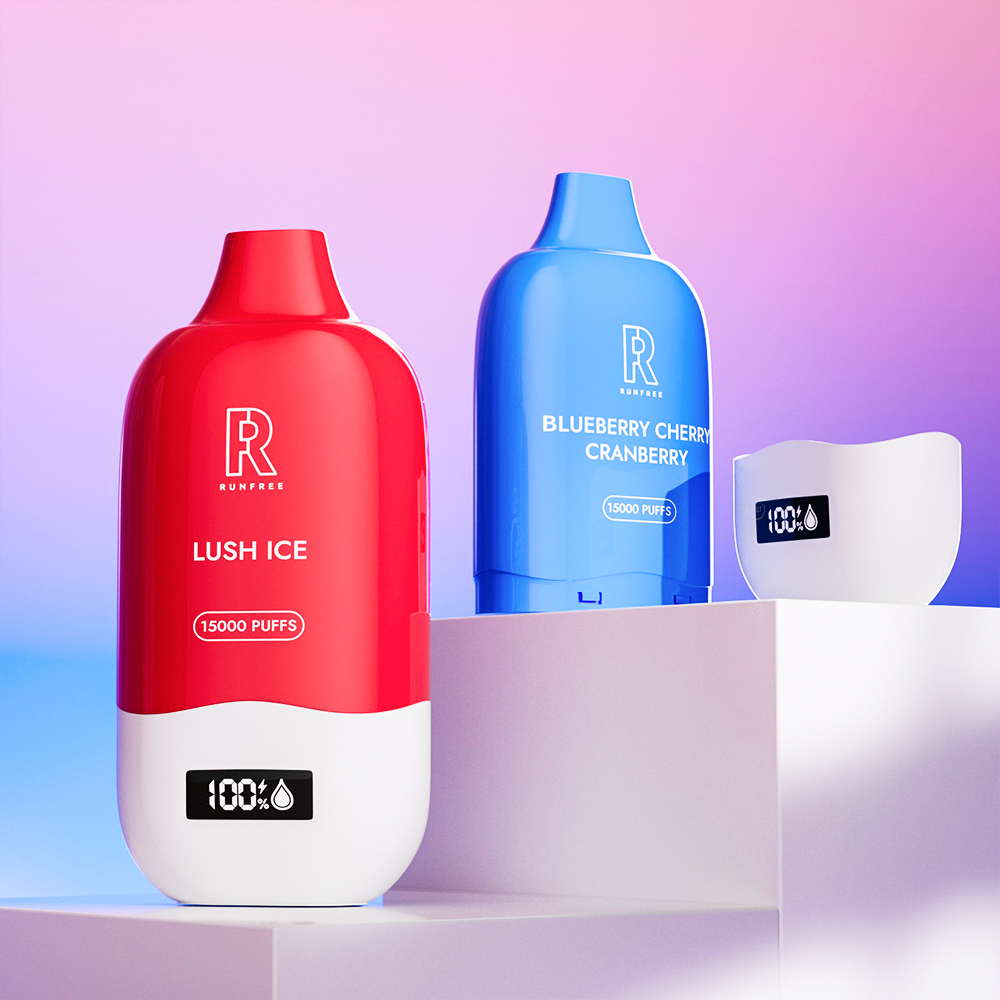 Runfree 2024 New Big Puffs 15000 Replaceable Disposable Vape
Runfree 2024 New Big Puffs 15000 Replaceable Disposable Vape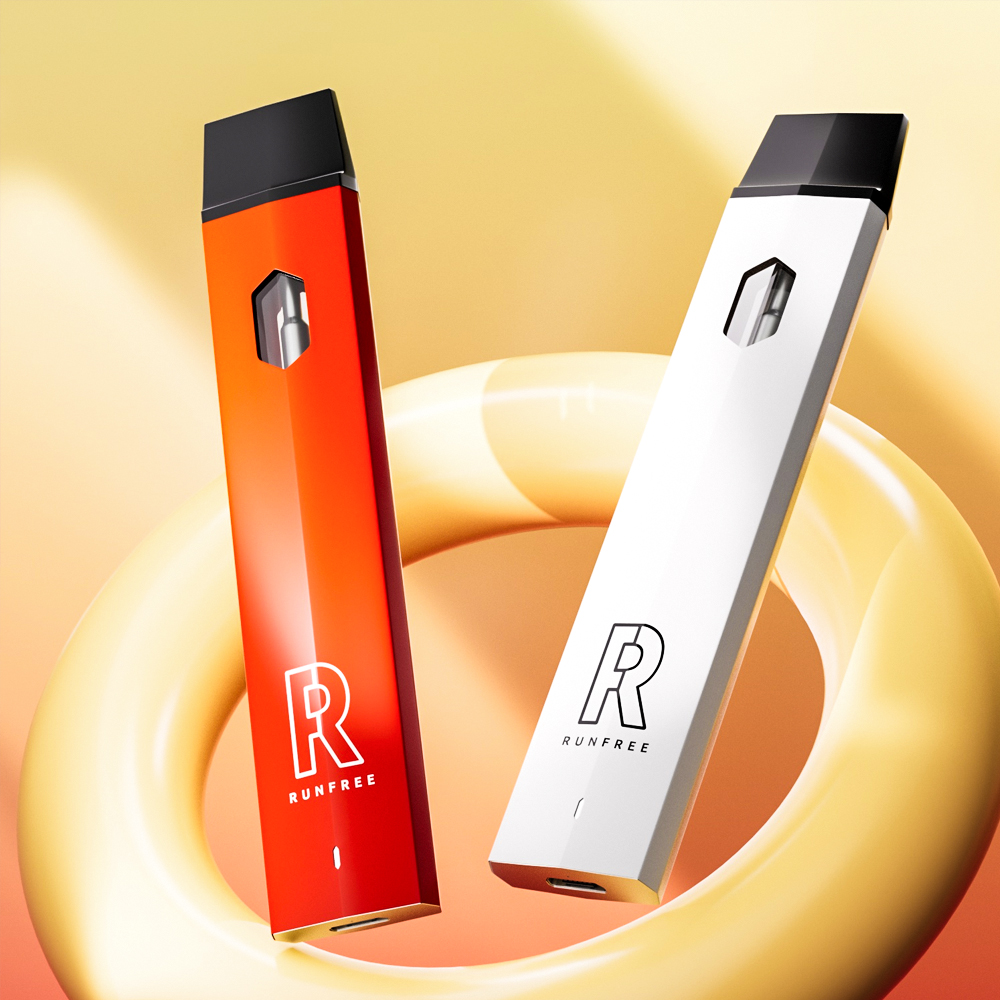 Hot Sale 1ML Refillable Ceramic Core Disposable CBD Device
Hot Sale 1ML Refillable Ceramic Core Disposable CBD Device
